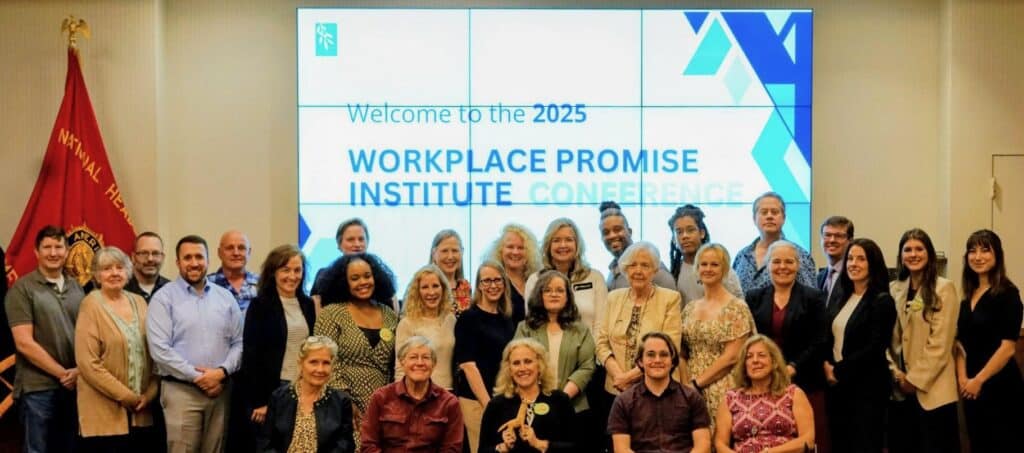Whistleblower protections and the mental health challenges faced by whistleblowers were the focus of the 2025 Workplace Promise Institute Conference, held September 18–19, in Washington, D.C. The event brought together legal experts, advocates, and international representatives to spotlight regulatory gaps and push for systemic change.
Dr. Jackie Garrick, founder of Whistleblowers of America (WoA) and host of the event, opened the conference by highlighting the organization’s recent progress, including the rollout of a court-admissible checklist designed to document the psychological harm often endured by whistleblowers.
The keynote address came from Caroline Hunt-Matthes, a former UN investigator who survived a 15-year legal battle after exposing systemic failures in protecting a sexual assault survivor in a refugee camp. Her message was clear: institutional reporting mechanisms remain deeply flawed.
The keynote address was followed by a panel on U.S. whistleblower laws and regulations. The panelists provided an overview of the extant laws in the United States, including the False Claims Act (FCA) and the Commodities Exchange Act (CEA). Notably, panelists Brian Kowles and Robert Turkewitz, the lawyers who defended Boeing whistleblower John Barnett, emphasized the psychological consequences of whistleblowing. They described the emotional stress of retaliation and workplace abuse, which led to Barnett’s eventual death.
Mental health support for whistleblowers became a prime focus throughout the conference, including discussions of PTSD support through service animals and a meditation session. Emphasizing the crucial need to nurture safer environments for individuals to blow the whistle, the panelists underscored the important work of whistleblowers like Barnett, asserting “we feel hopeful that they [Boeing] are now on the right track.”
The second day of the conference focused on international whistleblowing. A panel comprising representatives from Ukraine, Canada, Italy, and the U.S. discussed existing oversight structures. It emphasized the urgent need for enhanced protections for whistleblowers. Oksana Bronevystka, of the Foundation for Institutional Development in Ukraine, discussed the organization’s work with the Ukrainian National Agency on Corruption Prevention. Ukraine is one of the few states to have mandatory reward laws for whistleblowers, a practice that is highly effective in deterring corrupt business practices and incentivizing relators to come forward.
As the conference came to a close, the stories shared — some harrowing, others hopeful — underscored the immense personal cost of exposing corruption. Amongst the accounts of hardship was a resounding call for change and resilience. The growing attention to mental health, legal reform, and international cooperation, as demonstrated at the event, led to a shared conclusion: whistleblowers are no longer standing alone. The systems meant to protect them are answering the calls for reform.
